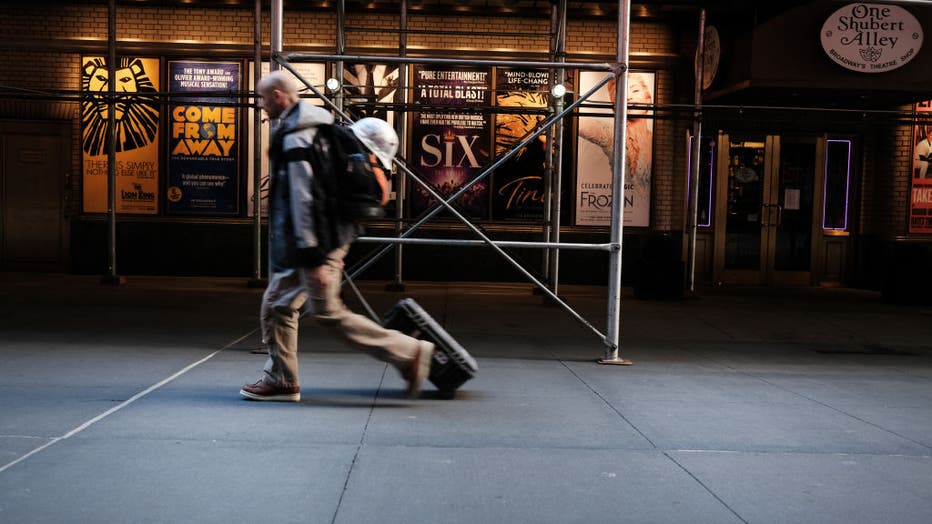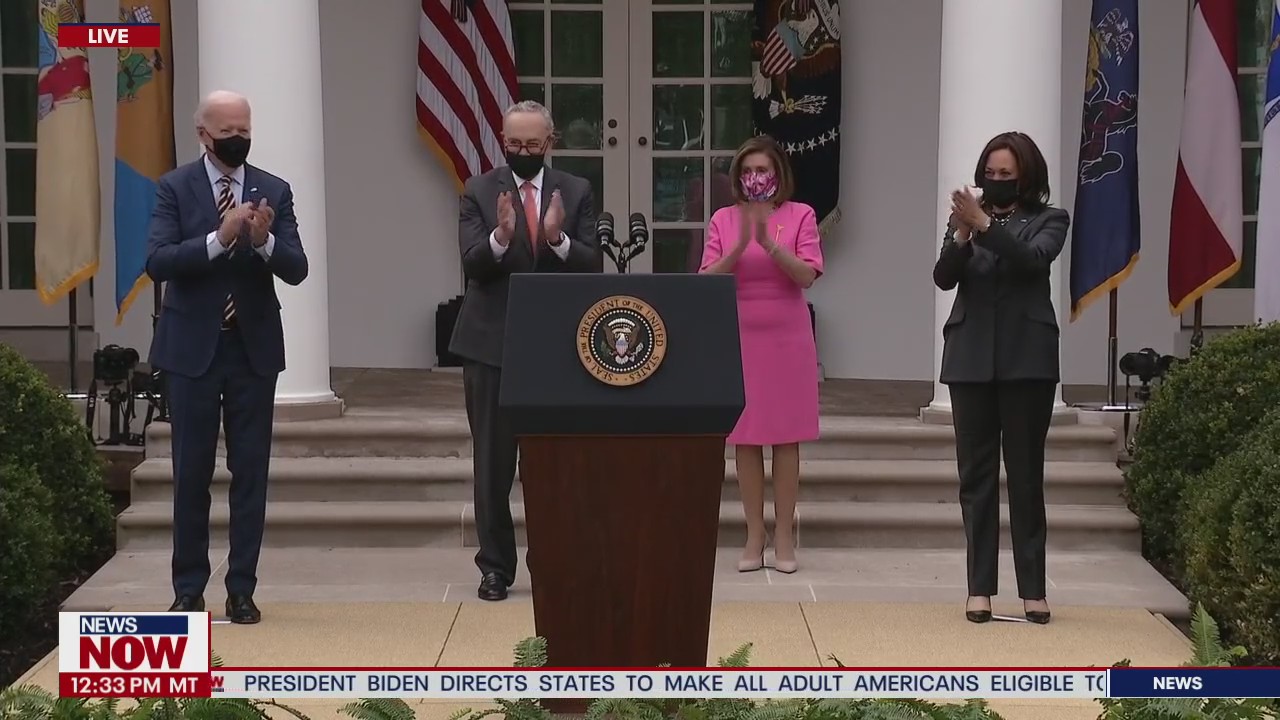US unemployment claims rise to 770,000 with layoffs still high
WASHINGTON - The number of Americans seeking unemployment benefits rose last week to 770,000, a sign that layoffs remain high even as much of the U.S. economy is steadily recovering from the coronavirus recession.
Thursday's report from the Labor Department showed that jobless claims climbed from 725,000 the week before. The numbers have dropped sharply since the depths of the recession last spring but still show that employers in some industries continue to lay off workers. Before the pandemic struck, applications for unemployment aid had never topped 700,000 in any one week.
The four-week average of claims, which smooths out weekly variations, dropped to 746,000, the lowest since late November.
A total of 4.1 million people are continuing to collect traditional state unemployment benefits, down 18,000 from the previous week. Including separate federal programs that are intended to help workers displaced by the health crisis, 18.2 million Americans were receiving some form of jobless aid in the week of Feb. 27, down by 1.9 million from the week before.

NEW YORK, NEW YORK - MARCH 12: A restaurant sits empty in the Broadway theater district one year after it was closed due to COVID-19 restrictions on March 12, 2021 in New York City. (Photo by Spencer Platt/Getty Images)
The continuing layoffs are occurring even as the overall job market has shown solid improvement. Last month, U.S. employers added a robust 379,000 jobs, the most since October and a sign that the economy is strengthening as consumers spend more and states and cities ease business restrictions.
With vaccinations accelerating, hopes are rising that Americans will increasingly travel, shop, eat out and spend freely after a year of virus-induced restraint.
President Joe Biden's $1.9 trillion relief package is also expected to help accelerate growth, especially with most adults this week receiving $1,400 stimulus checks that should fuel more spending. An extension of $300 weekly unemployment benefits into early September will provide support, too, along with money for vaccines and treatments, school re-openings, state and local governments and ailing industries ranging from airlines to concert halls.
Yet the nation is still 9.5 million short of the number of jobs it had in February 2020. And Federal Reserve Chair Jerome Powell suggested Wednesday after the Fed's latest policy meeting that the overall economic outlook remained cloudy.
"The state of the economy in two or three years is highly uncertain," Powell said at a news conference after the Fed signaled that it expects to keep its key interest rate near zero through 2023 despite some solid economic gains and concerns about rising inflation pressures.
By most barometers, business activity in the economy's vast and hard-hit service sector is still far from normal. The data firm Womply said, for example, that as of early last week 63% of movie theaters, galleries and other entertainment venues were closed. So were 39% of bars, 32% of gyms and other sports and recreation businesses and 30% of restaurants.


